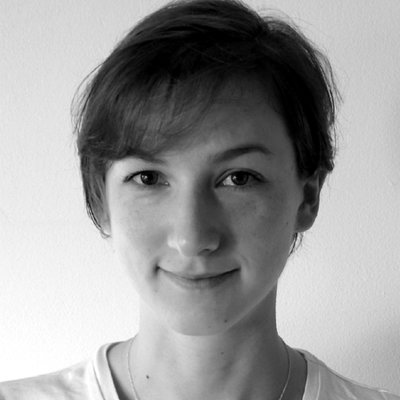{UAH} Lancet, NEJM Retract Surgisphere Studies on COVID-19 Patients
When Politics,Commerce and Science intersect Pandemonium takes centre stage.
All authors other than company founder and CEO Sapan Desai were "unable to complete an independent audit of the data," The Lancet states.
ABOVE: © ISTOCK.COM, LILIBOAS
Two controversial studies of COVID-19 patients have been retracted after the authors failed to demonstrate that the data were reliable. The first study to be retracted, published last month (May 22) in The Lancet, had found harmful effects associated with the antimalarial drug, hydroxychloroquine, but quickly drew fire after scientists raised questions about the massive database supposedly underpinning it, and about that database's owner, Surgisphere Corporation.
Today, three authors—all the coauthors on the study except Surgisphere founder and CEO Sapan Desai—contacted The Lancet to retract their report. "They were unable to complete an independent audit of the data underpinning their analysis," the retraction notice in The Lancet reads. "As a result, they have concluded that they 'can no longer vouch for the veracity of the primary data sources.'"
The three coauthors are Mandeep Mehra, the medical director of Brigham and Women's Hospital Heart and Vascular Center, Frank Ruschitzka of University Hospital Zurich, and Amit Patel of the University of Utah.
In a joint statement published on The Lancet's website, they write that a set of independent peer reviewers "informed us that Surgisphere would not transfer the full dataset, client contracts, and the full ISO [International Organization for Standardization] audit report to their servers for analysis as such transfer would violate client agreements and confidentiality requirements. As such, our reviewers were not able to conduct an independent and private peer review and therefore notified us of their withdrawal from the peer-review process."
They continue: "We all entered this collaboration to contribute in good faith and at a time of great need during the COVID-19 pandemic. We deeply apologise to you, the editors, and the journal readership for any embarrassment or inconvenience that this may have caused."
Shortly after The Lancet's retraction, NEJM issued its own retraction. The authors' statement reads: "Because all the authors were not granted access to the raw data and the raw data could not be made available to a third-party auditor, we are unable to validate the primary data sources underlying our article. . . . We therefore request that the article be retracted. We apologize to the editors and to readers of the Journal for the difficulties that this has caused."
Hundreds of scientists have raised questions about the provenance of Surgisphere's dataset. The Scientist reached out to some of the largest health systems in the states hit hardest by COVID-19, but could not find any that contributed data to Surgisphere, and the company has declined to name any participants, citing privacy agreements.
Several institutions once listed as collaborators on Surgisphere's website, including the University of Minnesota and Stanford University, tell The Scientist they have no record of anyone at their institutions working with Surgisphere. The mentions of the collaborations have since been removed from Surgisphere's website.
Surgisphere's studies have contributed to shaping the global pandemic response. The World Health Organization and other health groups, for instance, had suspended testing of hydroxychloroquine in response to the Lancet paper, although the WHO has since reinstated the study.
More from The Scientist's investigation into SurgisphereSurgisphere Fallout Hits African Nonprofit's COVID-19 EffortsJune 7, 2020The company had helped develop a tool to aid decision-making in distributing limited medical equipment among coronavirus patients, but two high-profile retractions call into question the validity of Surgisphere's work in toto. Concerns Build Over Surgisphere's COVID-19 DatasetJune 2, 2020NEJM and The Lancet issue expressions of concern as researchers question where the company got its data on thousands of coronavirus patients. Disputed Hydroxychloroquine Study Brings Scrutiny to SurgisphereMay 30, 2020Scientists have raised questions about the dataset published in The Lancet last week that triggered the suspension of clinical trials around the world—and about Surgisphere Corporation, the company behind the study. WHO Halts Hydroxychloroquine Testing Over Safety ConcernsMay 27, 2020A paper published in The Lancet reported that hospitalized COVID-19 patients taking the drug had a higher risk of death, although some researchers have raised questions about the data. |







0 comments:
Post a Comment